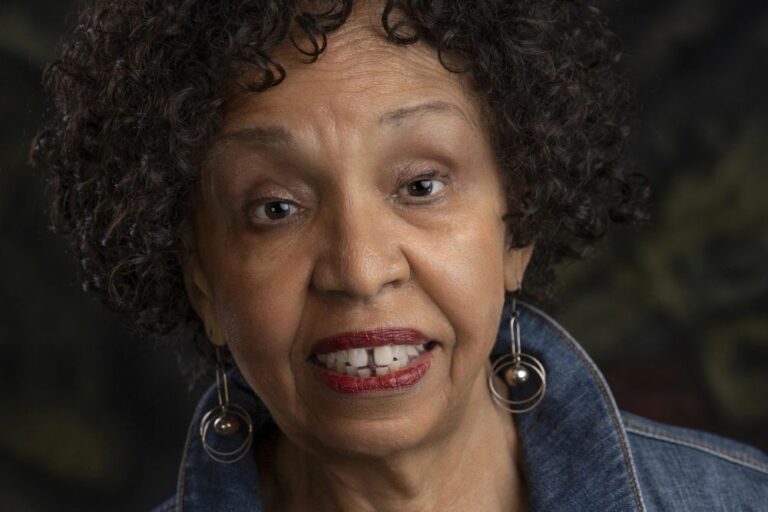
Daniel Brooks thought he’d be building cities “SimCity”-style after urban planning school, erecting highways, dropping power plants into place.
Instead, he’s building community on the road, one kid at a time.
“You become part of a community that you’re helping to create.”
Brooks is the director of transportation planning for the Detroit Bus Co., a private company that aims to fill the city’s transit gaps. That puts him in charge of the company’s Youth Transit Alliance, launched in 2013 with the Skillman Foundation to provide free rides to and from after-school programs.
“It’s a hell of a lot of fun. It’s good work,” said Brooks, who studied philosophy at MSU before getting a master’s in urban planning at the University of Maryland. “I don’t care if we’re acting too big for our britches—it’s the right thing to do.”
In the program’s early months, Brooks would spend days in the office working out the logistics, then climb on a bus to work as conductor—watching the kids while the driver watched the road.
He got to know students, families, after-school mentors: “You become part of a community that you’re helping to create.”
Covering more than 10 square miles in Southwest Detroit that first year, the transit alliance provided 5,711 rides. There’s a need for more.
In Detroit, where catching a bus can be a lot harder than simply getting to your stop on time, kids get stuck in place along with adults. Detroit school buses serve younger kids only. High schoolers are on their own or on city buses, which have long struggled to run on schedule. Meanwhile, the city’s population is spread wide, and many parents are wary of letting their kids walk through blighted neighborhoods.
After-school programs are often lauded for boosting kids’ academic performance, health and overall safety. But if you can’t get to one, it’s of little use.
Brooks and others met with parents, students, educators and after-school facilitators, asking questions about how to design the system: Should there be stops or door-to-door service? Should adults be allowed to ride?
It has evolved through trial and feedback. It continues to evolve as the Youth Transit Alliance gears up for its third season, set to start in January in Detroit’s Cody Rouge neighborhood with help from Detroit Public Schools and other organizations.
To design the system, Brooks uses formulas and technology he learned in school. Among lessons learned on the job: People matter most. The bus conductors make the whole thing possible.
“I don’t care if you’re rich or poor,” he said. “You want a human to be accountable for your kids.”
Daniel Brooks earned a bachelor’s degree in the Department of Philosophy at the College of Arts & Letters in philosophy ’04. He also earned a specialization in social science, concentrating on peace and justice studies.


